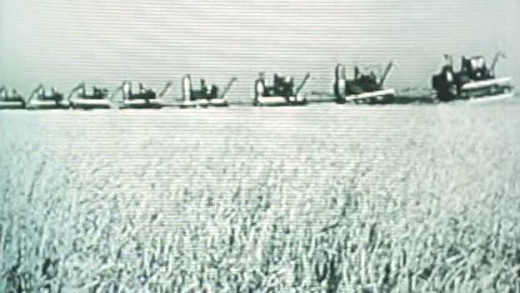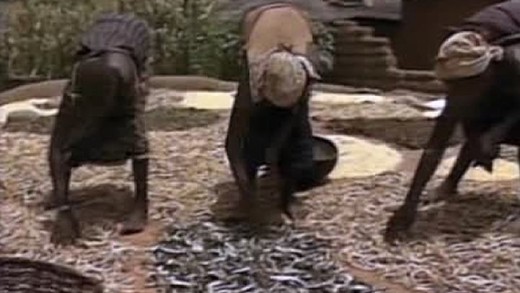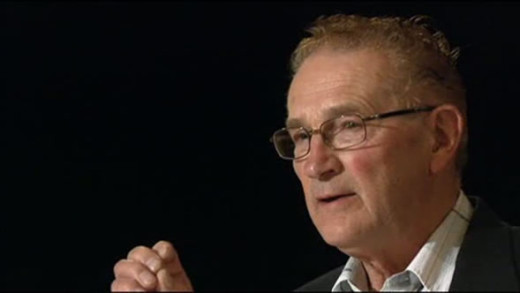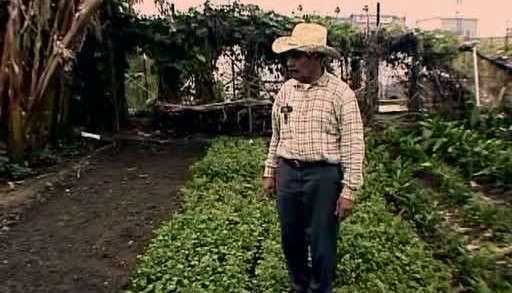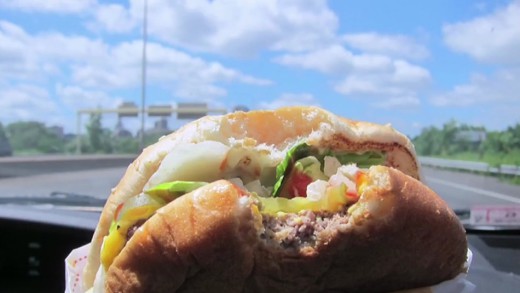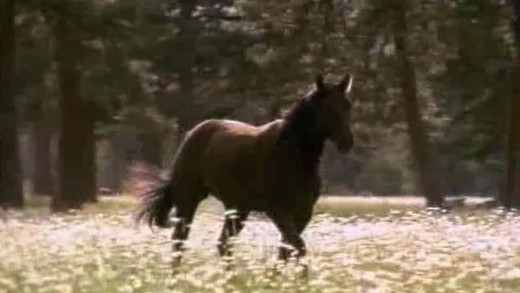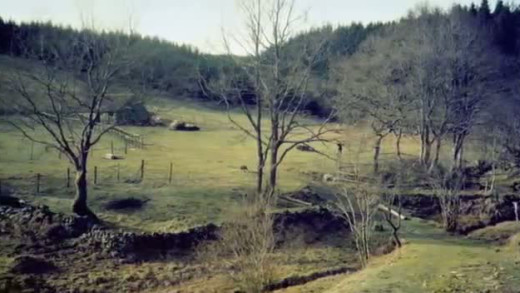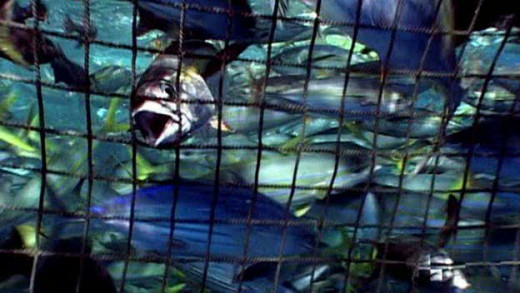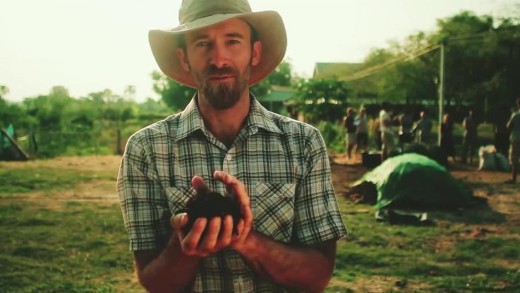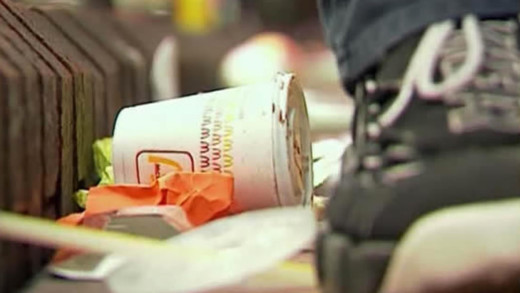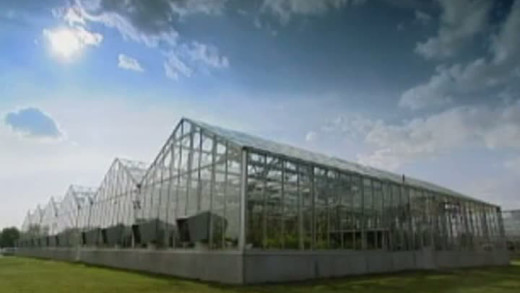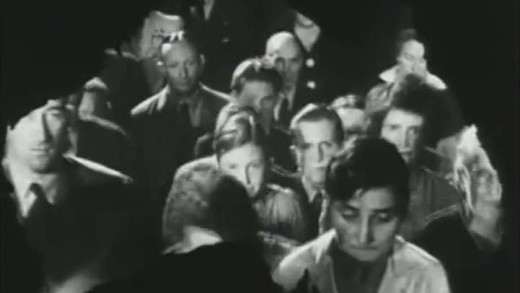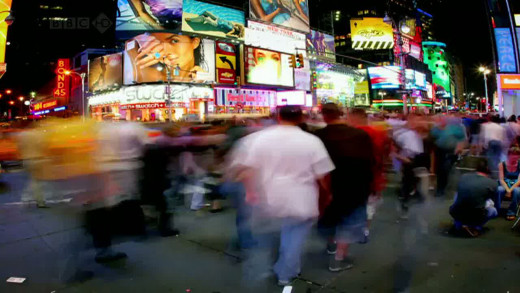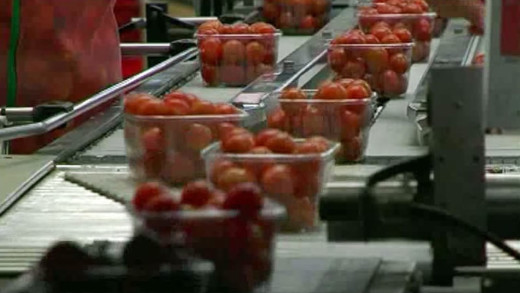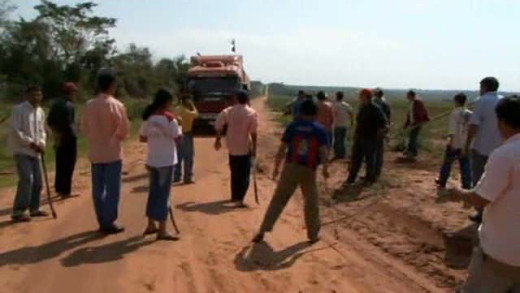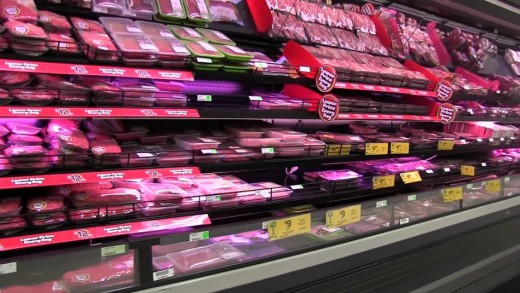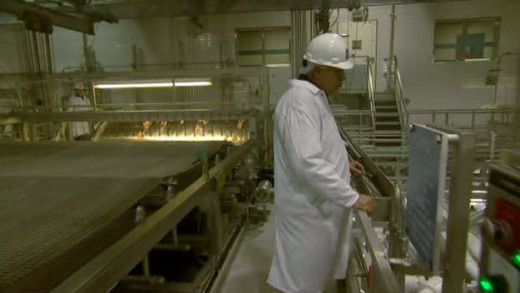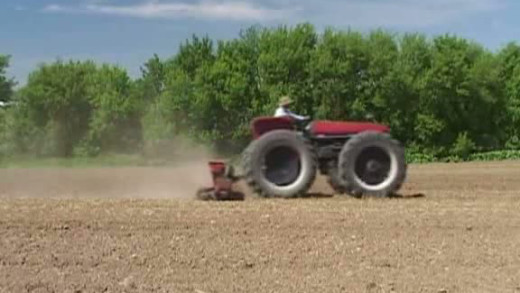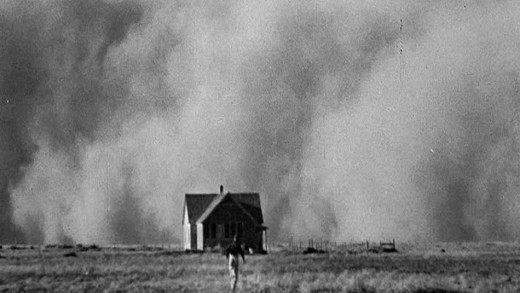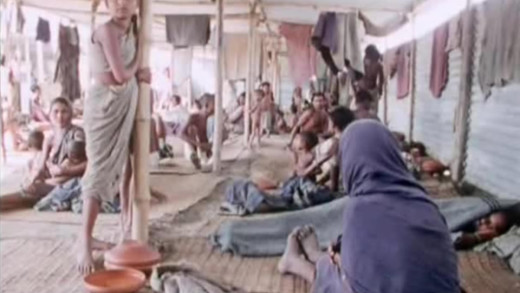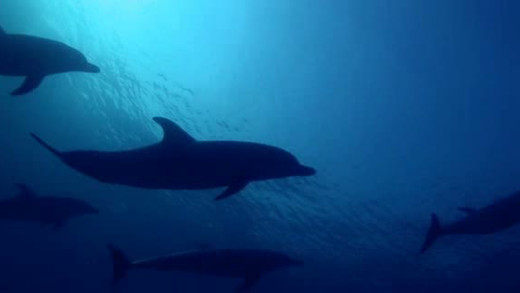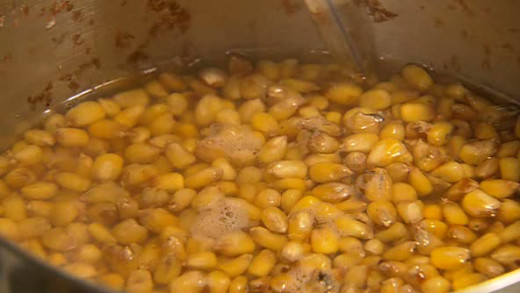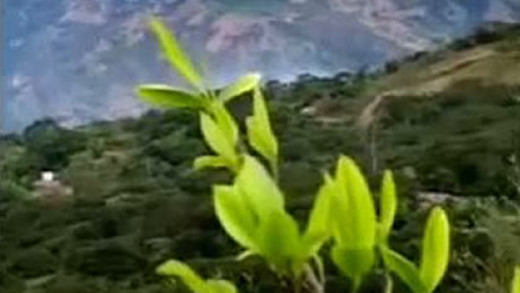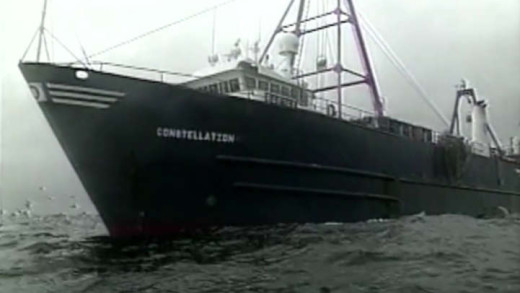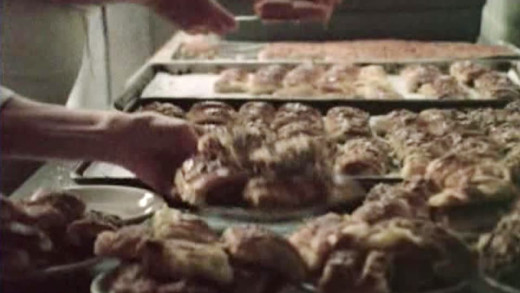Collapse
Collapse is a documentary film exploring the theories, writings and life story of controversial author Michael Ruppert, a former Los Angeles police officer turned investigative reporter who has authored books on the events of the September 11 attacks, documented widespread drug trafficking and other secret operations by the CIA, and written on the issue of peak oil and other energy issues. Using archival footage interspersed as illustration, Collapse explores Ruppert's conclusions that unsustainable energy and financial policies have led to an ongoing collapse of modern industrial civilisation...
Is the human population going to outstrip the Earth's food supply? The effects of modern agriculture not only lead to a short term food surplus which quickly slipped as population boomed, but agriculture itself causes huge environmental problems such as soil erosion, salinity and chemical pollution—all further illustrating an impossible system in perpetuity. Food or Famine looks at projects in North America, Chile, Indonesia, Africa and India which are participating in a worldwide movement to return to local food growing methods based on the land and healthy ecological principles. The film also examines the worldwide imbalance between food consumption and production, stoking the need to confront the mounting challenges ahead...
Imagine that a storm blows across your garden and that now, without your knowledge or consent, foreign and genetically-modified seeds are in your vegetable patch which you have nourished and maintained for over 50 years. A few days later, representatives of a large multi-national corporation secretly visit your home, only to return later and demand that you surrender all your vegetables and seeds. Then, they file a lawsuit against you for the illegal use of their patented and genetically-modified seeds that you never planted or used and, what's more, the court rules in favour of the corporation. Yet, you still fight back. This is the true story of Percy Schmeiser versus Monsanto.
The Garden
The Garden tells the story of South Central Farm -- a 14 acre community garden and urban farm located in Los Angeles, California, which was in operation between 1994 and 2006. The entire lot is evicted and demolished against overwhelming local support for the farm and also despite the community raising an incredible amount of money to purchase the land from the owner. The owner refuses to sell and the land is demolished and still sits vacant, unused...
Over the past three decades, obesity rates in the United States have more than doubled for children and tripled for adolescents, and a startling 70% of adults are now obese or overweight. The result has been a widening epidemic of obesity-related health problems. But while discussions about this crisis tend to focus solely on the need for individual responsibility and more exercise, Feeding Frenzy turns its focus squarely on the responsibility of the processed food industry and the outmoded government policies it benefits from. It lays bare how government subsidies designed to feed the hungry during the Great Depression have enabled the food industry to flood the market with a rising tide of cheap, addictive, high calorie food products, and offers an engrossing look at the tactics of the multi billion-dollar advertising industry that makes sure that everyone keeps consuming.
Humanity is absolutely dependent on animals as part of life. In industrial society however, this has extended to animals as pets, 'entertainment' and for expendable use in scientific research -- animals are tortured for 'scientific tests', locked in cages as pets and at the zoo and are bred on mass for cheap meat. What does this say about industrial civilisation? Earthlings conducts an in-depth study into pet stores, puppy mills and animals shelters, as well as factory farms, the leather and fur trades, sports and entertainment industries, and the medical and scientific profession, using hidden cameras to directly show the day-to-day practices of some of the largest industries in the world...
A Farm For The Future follows wildlife film maker Rebecca Hosking as she investigates how to transform her family's farm in Devon, England, into a low energy farm with future peak energy concerns considered. With her father close to retirement, Rebecca returns to the farm to become the next generation to work the land, and the journey begins as she realises that all food production in the UK is completely dependent on cheap, abundant fossil fuel, particularly oil. After setting out to discover just how 'secure' the oil supply is and being alarmed by the answers, Rebecca is motivated to explore ways of farming without using fossil fuel. With the help of pioneering farmers and growers, A Farm For The Future shows that it is actually a return to nature that holds the key to farming in a low-energy future.
Advances in technology, global demand and the very essence of the commercial fishing industry itself means that whole species of wild fish are under threat. The species of fish that we eat today are predicted to be in a state of collapse by 2050 -- some are already extinct. Overfishing, or even more simply, the commercial fishing industry in general is to blame for this, along with celebrity chefs and 'exotic' restaurants; and mass consumer demand in today's world of globalisation. The End Of The Line documents the concerns and the processes behind commercial fishing and it's impact on the environment, the climate and the future existence of many species -- including our own...
Not only with climate change and the inherent destructiveness of agriculture compounding the current ecological crisis and the need to systemically change things, Seeds of Permaculture follows a group of westerners that travel to Thailand to experience, explore, learn and teach about permaculture systems as a means to try and step out of their way of life and reconnect with cultures past-and-present about traditional knowledge pertaining to food and the land. With education and inspiration as the main thread, the film follows the westerners as they learn about composting, solar heating, food forests, composting toilets, natural building, and earthen ovens. The goal is to empower and excite you, the viewer, about the possibilities of listening and reconnecting with the land where you live.
McLibel
McDonald's loved using the UK libel laws to suppress criticism. Major media organisations like the BBC and The Guardian crumbled and apologised. But then they sued environmental activists Helen Steel and Dave Morris. In what then became the longest trial in English legal history, McLibel documents the two activists who represent themselves against McDonald's £10 million legal team with the marathon battle finally concluding at the European Court of Human Rights. The result takes everyone by surprise -- especially the British Government...
The controversies of corporations owning DNA, enforcing patents on living species, and pushing Genetically Modified seeds and crops across the globe, come together in Life Running Out Of Control. The battle between corporations and farmers is central to the film, with rapacious corporations such as Monsanto making claims that they are "improving upon nature," only to be met with fierce opposition from farmers, activists and local communities that show this is not the case. The film also explores the issues of the loss of biodiversity, to health concerns about Genetically Modified food, to the effects of GMOs in the environment.
Thanks Girls and Goodbye recounts the story of a group of women who worked on farms during the Second World War in Australia, dubbed "the land girls." Officially established by the government in 1942, the Australian Women's Land Army was set up to help fill the shortage of people-power in agriculture. Its story is symbolic of a far-greater number of women who participated in the vital activity of food production during the war. Through interviews with former Land Army members, combined with home-movies, photographs, original Land Army songs and archival newsreels, Thanks Girls and Goodbye presents an engaging account of women and work against the backdrop of world war.
Is the world heading for a population crisis? Since 1950, the human population has more than doubled. What is the effect of this rapid growth on the environment? While much of the projected growth in human population is likely to come from the so-called "developing world," it is the lifestyle enjoyed by the West that has the most impact--in the UK consumers use as much as two and a half times their fair share of Earth's resources. This film examines whether it is the duty of individuals to commit not only to smaller families, but to change the way they live for the sake of humanity and planet Earth.
Every day in Vienna the amount of unsold bread that is sent back and thrown away is enough to supply Austria's second-largest city, Graz. Around 350,000 hectares of agricultural land, above all in Latin America, are dedicated to the cultivation of soybeans to feed Austria’s livestock, while one quarter of the local population starves. Every European eats ten kilograms a year of artificially irrigated greenhouse vegetables from southern Spain, with water shortages as the result. We Feed The World is a film about food and globalisation, fishermen and farmers, long-distance truck drivers and high-powered corporate executives, the flow of goods and cash flow, a film about scarcity amongst plenty.
Paraguay's Painful GMO Harvest reports on a nationwide peasant uprising against farmers of genetically-modified soya who are seen as colonists partly responsible for the almost total deforestation of the eastern provinces...
Lucent
Lucent is a grim accounting of the realities of factory farming in Australia. Documented are some of the conditions and day-to-day operations of industrial meat production—from farrowing crates or cages, to artificial insemination, to so-called free range; and of course, to mechanistic slaughter devoid of exchange. The film focuses mainly on pigs but also briefly looks at the issues facing other animals raised and killed for food in industrial conditions.
Food Inc.
What does the corporate-controlled food industry look like? Film-maker Robert Kenner lifts the veil on today's food industry, exposing the underbelly that has been hidden from view of the consumer with the cooperation of government regulatory agencies such as the USDA and FDA. The food supply is now controlled by a handful of corporations that put profit ahead of consumer health, the livelihood of the farmer, the safety of workers and of course, the environment. We have bigger-breasted chickens, the perfect pork chop, herbicide-resistant soybean seeds, even tomatoes that won't go bad. But we also have new strains of E. coli—the harmful bacteria that causes illness for an estimated 73,000 Americans annually; are riddled with widespread obesity, particularly among children; and an epidemic level of diabetes among adults. And the whole mess is exacerbated by opportunistic politics—the tools of Big Agriculture running the very regulatory agencies that are supposed to protect the public—and consumers who have become accustomed to eating whatever they want whenever they want, in quantities they don't need...
For close to a century, a great tale played out in the tiny town of Caledonia, Illinois. The Real Dirt On Farmer John tells this story of John Peterson, his farm and his family -- a story that parallels the history of American farming. But Farmer John is no laconic, Grant Wood-type with a scowl and a pitchfork. With the help of friends, John transformed his farm into an organic commune flooded with art and music, all in the centre of conformist Midwestern America...
The Dust Bowl is a four part series that chronicles the worst human-induced environmental disaster in history. A frenzied wheat boom, followed by a decade-long drought during the 1930s, destroyed much of the American and Canadian prairies through wind erosion. Blizzards killed agricultural crops and animals, threatened many other lives and forced thousands of people to pack up and move somewhere else. The series shows vivid interviews with twenty-six survivors from the dust storms, combined with dramatic photographs and footage from the era, recounting the stories of incredible human suffering at the hands of industrial agriculture--a linear system that destroys top-soil and exploits the land for quick surplus. The series also reveals a morality tale about how this culture exploits the land that sustains us--a lesson we ignore at our peril.
Pandora’s Box
Pandora's Box -- A fable from the age of science, is a six part series examining the consequences of political and technocratic rationalism, tying together communism in the Soviet Union, systems analysis and game theory during the Cold War, economy in the United Kingdom during the 1970s, the insecticide DDT, Kwame Nkrumah's leadership in Ghana during the 1950s and 1960s and the history of nuclear power.
John Pilger travels to Bangladesh to report on the horrors of the famine in the country, its causes and tragedies, circa 1975. With people passing away on the street on a daily basis from starvation and US foreign policy continually ignored, An Unfashionable Tragedy documents the plight that continues to this day, showing that food is a powerful weapon, more powerful than oil...
The Cove analyses and questions Japan's dolphin hunting culture, being a call to action to halt mass dolphin kills, to change commercial fishing practices and to inform and educate the public about the risks and ever increasing hazard of mercury poisoning from dolphin meat. Told from ocean conservationist Richard O'Barry's point of view, The Cove documents a group of Taiji fishermen who engage in mass dolphin kills, which in large part, are motivated by the tremendous revenue generated for the town by selling some of the captured dolphins to aquariums and marine parks. The dolphins that are not sold into captivity are then slaughtered in the cove and the meat is sold in supermarkets...
King Corn follows two college friends curious about the food system, as they decide to have a shot at farming an acre of corn. In the process, the two examine the role that the increasing production of corn has had across not only on the concepts of industrial food, but the health of the land, the health of the environment, and the health of people. The film spotlights the role of government subsidies which make huge monocrops of corn possible, which itself has—as industrial agriculture—a catastrophic ecological impact, but in-turn drives factory-farming of animals and other atrocities such as the production of high-fructose corn syrup which is saturated throughout industrial food, not least, fast-food. We see how this industrialisation has eliminated the family farm and local food production—things which are increasingly impossible in this brutal arrangement of corporate power.
Pepsi vs. Coke in The Ice Cold War traces the history of the worldwide struggle for soft drink supremacy by the Coca Cola Company, against the backdrop of World War II. The war was the perfect vehicle for Coca-Cola distribution, including to the Nazis. Bottling plants on front lines were paid for by the US war department. Nixon got Kremlin supremo, Khrushchev, to pose drinking Pepsi, which became the first US product made in the Soviet Union. In 1949, Mao kicked Coca-Cola out of China. President Carter got it back in 1978. In Chile, Pepsi Cola's boss ran a daily paper which was used by the CIA to help Pinochet's bloody coup...
Coca Or Death delves into Bolivia -- a country torn apart by the demands of the western world for coca. This film investigates why bloody battles have broken out between farmers and armed troops on the streets of La Paz, and what the impact of privatisation is having through the country. Coca has become a symbol of national resistance in Bolivia...
One More Dead Fish reveals how destructive industrial fishing practices have decimated the Grand Banks of the North Atlantic Ocean, once an abundant area of food. The film also tells the dramatic story of how local hook-and-line fishermen are battling huge commercial fishing practices in order to survive in a globalised fishing industry. In interviews with local fishermen, government officials, biologists, and industry CEO's, the film explores regulatory, legislative, and environmental issues. The film grounds the viewer in a clear historical context as it explains one of the world's great environmental disasters. In examining the twisted language of the multinational fishing industry, One More Dead Fish questions why we don't hear more about the true environmental costs of industrial fishing practices, partly the result of globalisation.
Supported by a mix of archival footage, NASA shots of burning oil fields and historical film excerpts, Crude Awakening examines peak oil. From Houston to Caracas, the Lake of Maracaibo, the Orinoco delta, Central Asia's secretive republic of Azerbaijan with its ancient capital Baku and the Caspian Sea, to London and Zürich. The film questions the future of oil with leading authorities such as oil investment banker Matthew Simmons, former OPEC chairman Fadhil Chalabhi, Caltec's head of physics, Professor David Goodstein, Stanford University political scientist, Terry Lynn Karl and peak oil expert, Matthew Savinar...
Founded in 1976, the United States Office of Multilateral Diplomacy--known informally as the Zap Office--was created by Henry Kissinger to try and influence the voting patterns of third world nations at the United Nations by withholding food aid to those who did not vote alongside the United States. Zap! The Weapon Is Food is an investigation of this policy, one that makes food more powerful than oil...
